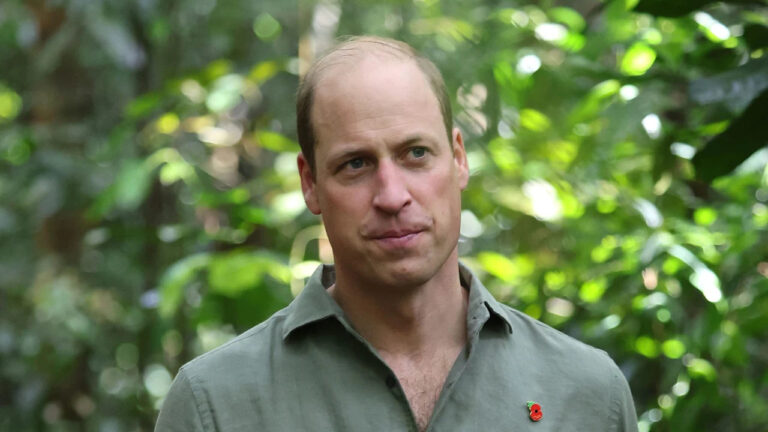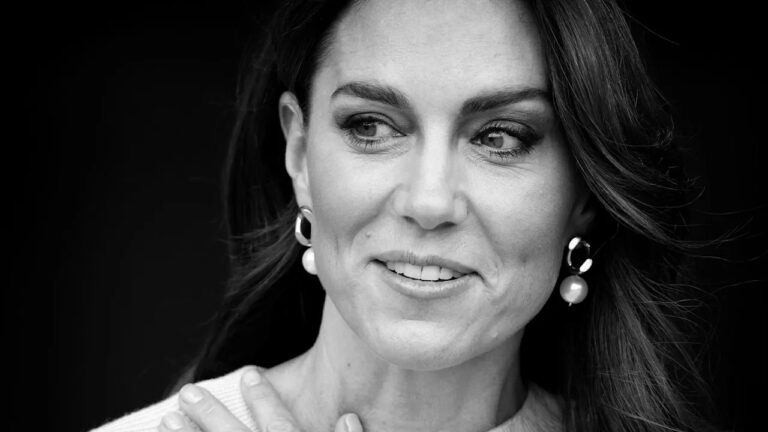Queen Mathilde and Crown Princess Elisabeth of Belgium have embarked on a three-day working visit to Egypt, with the goal of strengthening cultural ties between Belgium and Egypt, and promoting collaboration between Belgian and Egyptian institutions in the field of archaeology.
The visit began on March 14 and lasted until March 16, during which the Queen and Princess visited several archaeological sites in Egypt where Belgian universities are actively involved. They also visited the tomb of the Pharaoh Tutankhamun, one of Egypt’s most famous and well-preserved tombs. Their visit to this iconic tomb served to highlight the importance of preserving Egypt’s rich cultural heritage.
Belgium has a long history of involvement in Egyptology, with Belgian archaeologists making significant contributions to the field. The Queen and Princess’s visit is an opportunity to celebrate these contributions and to further strengthen the cultural ties between the two countries.
The royal visit also serves as a symbol of solidarity and support for Egypt’s cultural heritage, which has come under threat in recent years due to political instability and conflict in the region. By visiting Egypt during this time, Queen Mathilde and Crown Princess Elisabeth are demonstrating their commitment to preserving the country’s cultural heritage and supporting its people.
In addition to promoting cultural ties and supporting archaeological research, the Queen and Princess’s visit also helps to promote tourism in Egypt. Egypt is home to some of the world’s most iconic archaeological sites, and the Queen and Princess’s visit serves as a reminder of the country’s rich cultural heritage and the importance of preserving it for future generations.
Overall, Queen Mathilde and Crown Princess Elisabeth’s visit to Egypt is an important opportunity to strengthen cultural ties between Belgium and Egypt, promote collaboration in the field of archaeology, and demonstrate support for the preservation of Egypt’s rich cultural heritage. It is also a reminder of the important role that archaeology plays in understanding our shared human history and the need to preserve this history for future generations.










